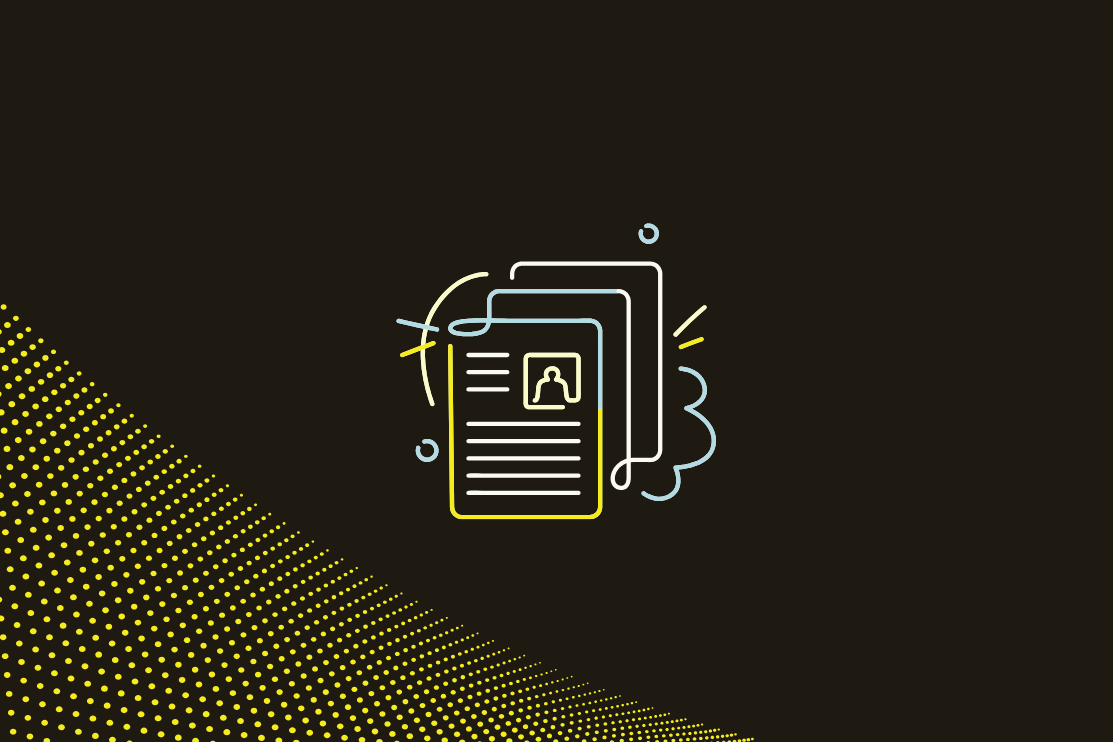6 Tips for Actually Recovering From Burnout and Recharging This Summer
6 Tips for Actually Recovering From Burnout and Recharging This Summer
6 Tips for Actually Recovering From Burnout and Recharging This Summer
6 Tips for Actually Recovering From Burnout and Recharging This Summer
6 Tips for Actually Recovering From Burnout and Recharging This Summer
6 Tips for Actually Recovering From Burnout and Recharging This Summer
Don't miss our breakout sessions!
Book time with our team on-site!
Our team is excited to meet you. Book a time that works best.


Being an educator is physically, emotionally, and mentally exhausting. Anyone who is regularly in schools recognizes the herculean efforts counselors, teachers, and administrators must put forth each day and the stress caused by the high stakes of meeting ever-growing student needs. The toll these roles have taken on individuals over the past several years has been well documented in national media outlets. In March of last year, The New York Times declared Teachers, Facing Increasing Levels of Stress, Are Burned Out.
With this backdrop, summer break is often a needed and welcome pause for those who work in schools to find some moments to rest and take a break from meeting others’ needs on a constant basis. It would be naive to think that this level of burnout could be instantaneously cured with summer break. However, with intentional efforts and some creative approaches, educators can get back in touch with who they are outside of their work, find refreshing sources of joy, and hopefully truly recharge over the summer break.
Find Ways to:
- Learn Something New: From knitting, to photography, to writing, to cookie decorating, to gardening, spending time learning about a new area of interest can help to focus your thoughts on something productive and provide activities to look forward to during the summer months. Consider signing up to take a class at a local art studio or community center or watching a few how-to videos online to get started on a project. When educators are able to become students themselves, they can develop new skills, work toward goals, and simply enjoy the messy process of learning something new.
- Revisit a Childhood Hobby or Pastime: Think about activities that sparked joy when you were younger, and find ways to engage with them again. Sports lovers might join a summer sports league or organize an outing at a local ballpark. Those who loved arts and crafts might purchase some clay, beads, or painting supplies and find time to fit art back into their summer days. Even just inviting friends to go roller skating, ice skating, bowling, or swimming for an afternoon can be a great way to reconnect with beloved childhood activities.
- Laugh: Laughter really can be the best medicine. It is known to reduce stress and trigger the release of endorphins. Find ways to infuse some laughter into your summer days. Plan some outings with friends who make you laugh, seek out a comedy on television, visit a comedy club, or even just look for funny moments in daily life.
- Explore New Forms of Meditation: There are many different ways to meditate–not just sitting in silence and chanting ohm. Mindfulness meditation is very accessible for beginners and encourages a focus on being present, even in very small snippets of time. Other types of meditation–such as walking meditation–are a good fit for those who are better able to focus while moving. Visualization meditation encourages relaxation utilizing images of calming scenes. Headspace, a mental health app that provides guided meditations and more, offers free access to K-12 educators and support staff.
- Allow Yourself Some Indulgences: Eat ice cream, turn off the morning alarm, get a massage, go for a long run, visit a favorite coffee shop, or enjoy lunch with friends–you have earned it! In order for summer to truly be a time for rest and recharge, it is important to find ways to care for yourself. Consider scheduling things to look forward to throughout the summer to make sure you have plenty of opportunities to pause and focus on you.
- Intentionally Do Nothing: Our brains and bodies need time to pause and rest. And with the jam-packed calendar of the school year and endless to-do lists, many educators need rest and disconnection more than anything else. Take time now to schedule in some days of doing nothing and protect those dates as the summer calendar begins to fill. Intentional rest can be one of the most productive tasks of the entire summer–leaving you rested, recharged, and ready for another school year.
Related Posts
See All
.png)



